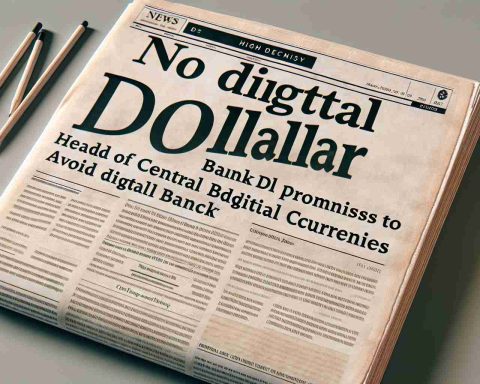Digital Currency - Page 4
Digital currency refers to any form of currency that exists in a digital format and is not issued by a central authority like a government. It encompasses a range of financial instruments that are exchanged electronically, including cryptocurrencies (like Bitcoin and Ethereum), central bank digital currencies (CBDCs), and virtual currencies used within specific online platforms or environments. Digital currencies operate on blockchain technology or other decentralized systems, enabling secure and scalable transactions. Unlike traditional fiat currencies, digital currencies can facilitate peer-to-peer transactions, often providing lower transaction costs and faster transfer speeds. They can be used for various purposes, including online purchases, investments, and remittances. Digital currency is becoming increasingly relevant in the global financial landscape, impacting how individuals, businesses, and institutions engage with money and transactions.















